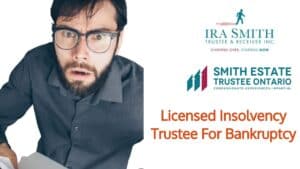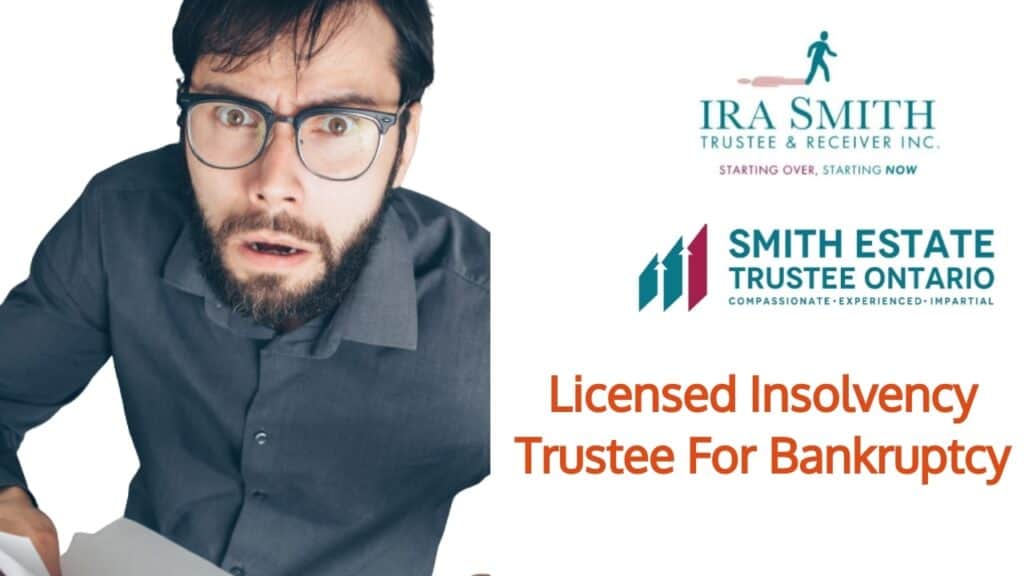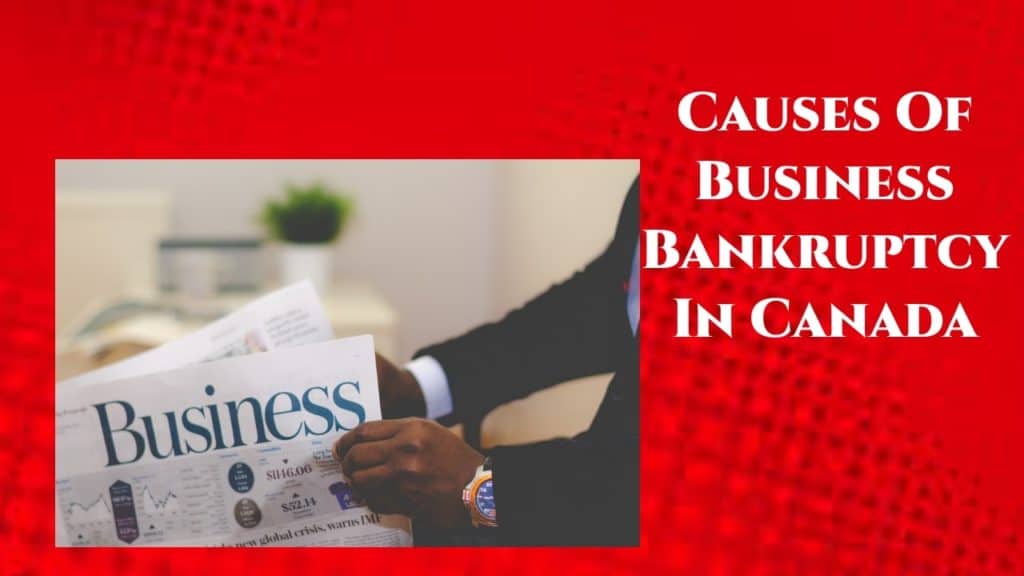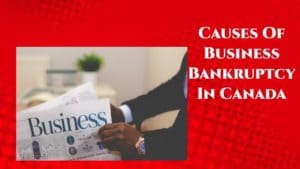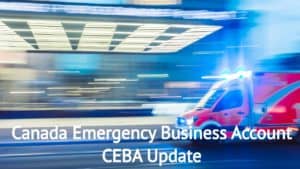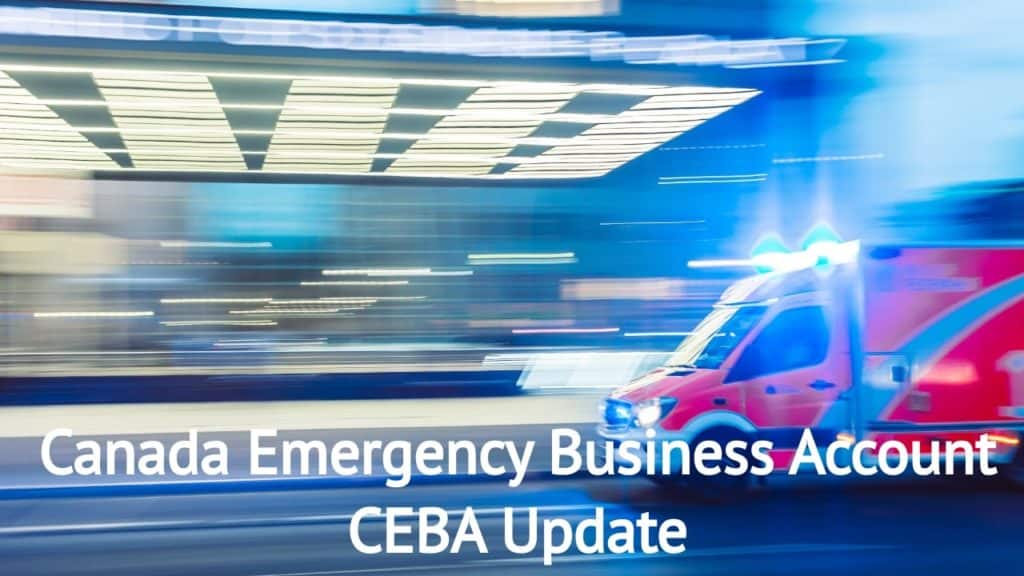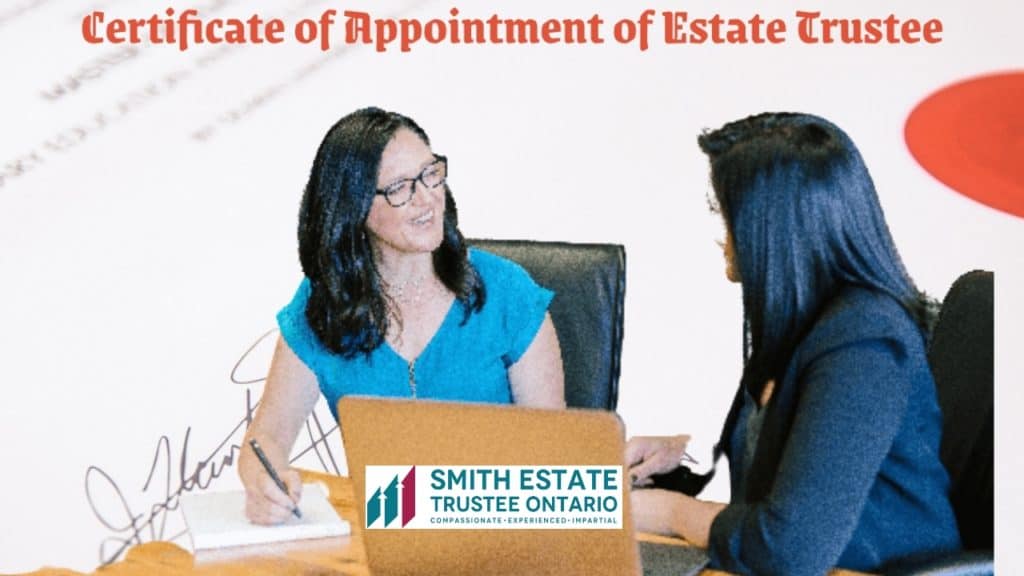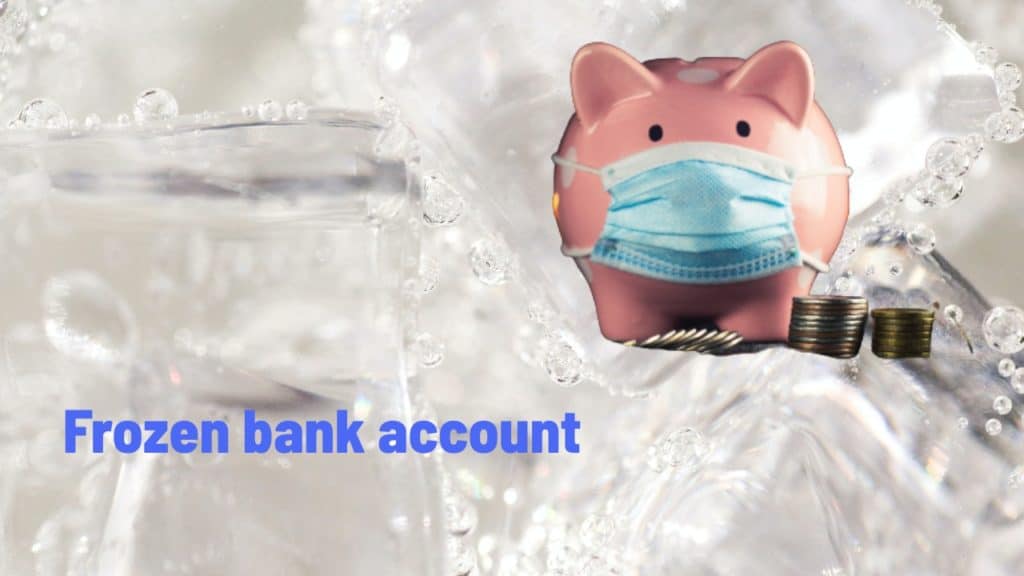We hope that you and your family are safe, healthy and secure during this COVID-19 pandemic. Ira Smith Trustee & Receiver Inc. is absolutely operational and Ira, in addition to Brandon Smith, is readily available for a telephone consultation or video meeting.
NRA In The News: Why did the NRA file for bankruptcy?
The National Rifle Association (NRA) is America’s gun advocacy organization being the gun rights champion of Second Amendment rights. This independent organization promotes the right to bear arms. Last January 15 it filed for bankruptcy. The bankruptcy declaration did not expose that it was in a financial mess. The NRA, which is known for its aggressive efforts to lobby against gun control laws, filed not because of its financial condition, but for a different reason.
In my January 20, 2021 blog titled: NATIONAL RIFLE ASSOCIATION FILES FOR BANKRUPTCY ANNOUNCES PLAN TO MOVE TO TEXAS FOR FREEDOM, I described why it made its voluntary petition bankruptcy filing under Chapter 11 of the United States Federal Bankruptcy Code in the United States Bankruptcy Court for the Northern District of Texas in Dallas.
In that Brandon Blog, I described why New York Attorney General Letitia James filed a lawsuit looking to dissolve the National Rifle Association, the largest most significant pro-gun organization in the USA. Attorney General James claims the organization with financial misconduct and unlawful conduct including financial abuses, spending millions of dollars on things like personal expenses, personal trips and other questionable expenditures. The purpose of the NRA bankruptcy filing was to dissolve itself in New York State while evading prosecution. It then planned to reincorporate in the State of Texas.
Recently, NRA in the news arose again. This time it was because a federal Bankruptcy Judge dismissed the NRA bankruptcy case. This permits New York to proceed in its initiative to dissolve the gun-rights group for alleged fraud and abuse.
In this Brandon Blog, I describe the NRA in the news bankruptcy filing case and its dismissal and what would happen in a similar Canadian insolvency case.
NRA in the news: How might bankruptcy help the NRA reincorporate?
When a person or company makes insolvency filing, that generally stops actual or pending litigation while giving more time to analyze exactly how to manage the financial difficulties. In Canada, the stoppage of lawsuits is called a “stay of proceedings”. However, in Canada, the stay of proceedings just relates to lawsuits for the collection of a debt.
Litigation, such as the pending lawsuit of the New York attorney general against the NRA, has nothing to do with proving or collecting on a debt. Rather, it is to prove that laws have been broken. My view is that in Canada, if the insolvency filing was not thrown out entirely, such as it was in this case, for sure the government would be able to get leave of the court to either begin or continue its litigation.
So the powerful gun-rights group thought that if it filed its voluntary Chapter 11 bankruptcy petition for bankruptcy protection, it could buy itself the time it needed to dissolve, stop the New York State legal action and then reincorporate in the gun-friendly state of Texas.

NRA in the news: Is bankruptcy justified?
Concurrent with its bankruptcy filing, the NRA stupidly made a public statement that it isn’t insolvent or bankrupt saying it is in “its strongest financial condition in years.” This was not a very smart thing to do, as the US Bankruptcy Code is to help insolvent people and companies. That is just begging for a bankruptcy dismissal.
In Canada, in order to do a traditional bankruptcy filing under the Bankruptcy and Insolvency Act (Canada) (BIA), the debtor must be insolvent. The BIA defines an insolvent person as an individual or company who:
- is not bankrupt;
- who lives, carries on business or has assets in Canada;
- whose debts owing to creditors that are provable claims total at least one thousand dollars, and also:
- for any type of reason unable to pay their debts when due;
- has stopped paying liabilities in the regular course as they usually come due; or
- the aggregate of the property is not, at a fair assessment, enough, if sold at a properly conducted sale, to pay off all debts currently or about to become due.
A licensed insolvency trustee should not accept an assignment in bankruptcy from anyone filing bankruptcy from a party whose Statement of Affairs shows they are not insolvent and if accepted, should not be allowed by the Office of the Superintendent of Bankruptcy. A court would certainly not make a Bankruptcy Order in such a situation.
Since the NRA stated that it was not insolvent, which is a condition precedent to file under the US Bankruptcy Code, you can see why NRA in the news for its voluntary bankruptcy petition in the face of the New York Attorney General litigation was very controversial. That is what US bankruptcy experts thought as they predicted that under US bankruptcy law, the court would agree with the opposition by the Justice Department to the NRA bankruptcy plan.
However, there are times when bankruptcy proceedings are appropriate. First, you need to start with the basic premise that the individual, business or company is insolvent. Bankruptcy is one of the more drastic ways people can address their financial problems. It’s a complex topic, and you need to know that there are options other than bankruptcy that can address your situation.
A licensed insolvency trustee can advise you of your options. Some of the factors that may influence whether you should file for bankruptcy or one of the debt settlement options available under the BIA include:
- How much you owe;
- How long you owe;
- The terms of your loan and other debts;
- Your ability to repay;
- The presence of co-signers;
- What are your assets and liabilities;
- Steady employment or self-employment income;
- How you’ve previously handled your debts;
- Your age and employment situation; and
- Your future plans.
This list is by no means exhaustive, but it is a good start. The Canadian insolvency system is designed to give the honest but unfortunate debtor a fresh start in life.
NRA in the news: Judge Dismisses NRA Bankruptcy Case, Heightening Risk For Dissolution Of Group
Given the Justice Department’s legal challenge to the NRA filing, there needed to be a bankruptcy trial. The controversial NRA has had a rough few years in the media, with everything from their pro-guns stance to their lack of concern about the deaths of American schoolchildren being brought up. However, it seems their woes are not over yet.
NRA in the news arose yet again. Federal Judge Harlin Hale dismisses the NRA Chapter 11 bankruptcy case due to the fact that he viewed the bankruptcy as not filed in good faith. Judge Harlin stated that he believed the NRA’s objective in filing bankruptcy is much less like a typical bankruptcy case in which a debtor is faced with financial problems, such as a judgment that it cannot pay off. Rather, it was filed in bad faith like instances in which courts have discovered bankruptcy was filed for gaining an unfair advantage in litigation or to avoid a regulatory scheme.
The ruling followed a lengthy 12-day bankruptcy trial in Dallas, Texas. NRA president, Wayne LaPierre, acknowledged keeping the NRA into Chapter 11 bankruptcy filing secret without the understanding or acceptance of the majority of the group’s 76-member board of directors as well as various other top officers.
Could this happen in Canada? Definitely. When a filing is made or a Bankruptcy Order made under the BIA either by/against a person or company and it is shown that the filing/Bankruptcy Order ought not to have been made, the court has the authority to either annul the bankruptcy, set aside a Bankruptcy Order or otherwise terminate the proceedings.
Each situation will rest on its own unique set of factors. In general, if it can be shown that the debtor was not insolvent but the filing was done for some other purpose, such as in the NRA Chapter 11 bankruptcy, the court can annul the bankruptcy filing. The same is true if it is shown that the filing was not made in good faith or that the debtor was attempting to commit fraud on the creditors.

NRA in the news: NRA Bankruptcy Case Is Dismissed. What Happens Next?
With the bankruptcy case of the NRA dismissed, the NRA says it plans to re-file the case in September. The NRA says that the documents filed in court do not reflect the true financials of the association and that the organization has fallen victim to an anti-gun group that is bent on destroying it. The NRA now claims the Chapter 11 filing was to get out from under its debts that it could not pay.
We shall see what transpires next. In the meantime, New York Attorney General Letitia James is free to pursue the NRA. No doubt we will see NRA in the news soon again.
NRA in the news summary
I hope you enjoyed the NRA in the news Brandon Blog post. A bad faith insolvency filing is luckily rare in Canada. However, something like the NRA filing could happen. Canadian courts have the ability to either annul or set aside a filing by a non-insolvent debtor filed for a fraudulent purpose or to misuse the Canadian insolvency system.
Are you worried because you just lost your job through no fault of your own? Is your business dealing with substantial debt challenges and financial problems due to your largest customer failing to perform and pay your company? Do you assume bankruptcy is your only option? Call me. It is not your fault that you remain in this way. You have actually been only shown the old ways to try to deal with financial issues. These old ways do not work anymore.
The Ira Smith Team utilizes new modern-day ways to get you out of your debt difficulties while avoiding bankruptcy. We can get you the relief you need and so deserve.
The tension put upon you is big. We know your discomfort factors. We will check out your entire situation and design a new approach that is as unique as you and your problems; financial and emotional. We will take the weight off of your shoulders and blow away the dark cloud hanging over you. We will design a debt settlement strategy for you. We know that we can help you now.
We understand that people and businesses facing financial issues need a realistic lifeline. There is no “one solution fits all” method with the Ira Smith Team. Not everyone has to file bankruptcy in Canada. The majority of our clients never do. We help many people and companies stay clear of bankruptcy.
That is why we can establish a new restructuring procedure for paying down debt that will be built just for you. It will be as one-of-a-kind as the economic issues and discomfort you are encountering. If any one of these seems familiar to you and you are serious about getting the solution you need, contact the Ira Smith Trustee & Receiver Inc. group today.
Call us now for a no-cost consultation.
We will get you or your business back up driving to healthy and balanced trouble-free operations and get rid of the discomfort factors in your life, Starting Over, Starting Now.
We hope that you and your family are safe, healthy and secure during this COVID-19 pandemic. Ira Smith Trustee & Receiver Inc. is absolutely operational and Ira, in addition to Brandon Smith, is readily available for a telephone consultation or video meeting.




